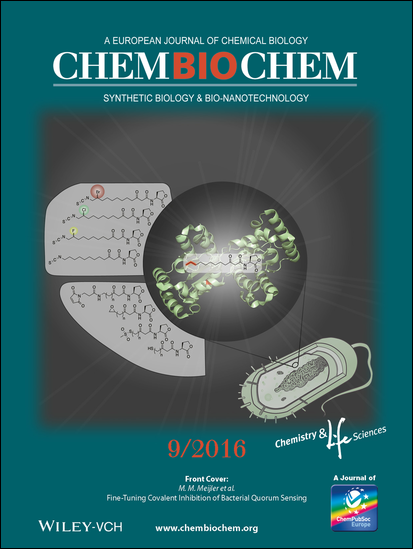 It was one of the most difficult posts we’ve ever written: A researcher’s eagerness to publish a paper before asking all co-authors for their permission forced him to retract the article, wasting a postdoc’s time and destroying a professional relationship in the process.
It was one of the most difficult posts we’ve ever written: A researcher’s eagerness to publish a paper before asking all co-authors for their permission forced him to retract the article, wasting a postdoc’s time and destroying a professional relationship in the process.
This 2011 post wasn’t difficult to write because the facts were complex; they weren’t particularly (although the science involved was intricate). Rather, the man responsible for the incident, Graham Ellis-Davies, was so clearly and sincerely distressed by the mistake he’d made, it was impossible not to feel sorry for the him.
Well, we’re delighted to report that the tale has a happy ending. Ellis-Davies and his former postdoc have recently republished their once-retracted work with a new set of co-authors — and in the same journal that previous retracted it. What’s more, they have turned what initially was a proof-of-concept study into a much more robust article with exciting implications for the field.
Here’s the backstory, in brief: Ellis-Davies, an expert in chemical biology at Mount Sinai School of Medicine, and Jeff Magee, of the Howard Hughes Medical Institute’s Janelia Research Campus, in Ashburn, Va., did some scientific speed dating in an area of shared interest involving questions of solubility.
The fruit of that brief joint effort was a 2011 paper in ChemBioChem on a method for creating structures of neurotransmitters (to find out more, read our first post about the retraction). Long story short, Ellis-Davies included Magee on the paper even though the HHMI researcher had played a small, albeit important, role – something Ellis-Davies felt at the time was wholly appropriate given the nature of the contribution. He miscalculated.
Magee, angry to have been included on a paper he considered too preliminary to publish, and upset that he’d not been consulted about the existence of the article to begin with, demanded — and received — a retraction. Ellis-Davies apologized for the mistake, which he owns fully, but that ended things with Magee. At the time, Ellis-Davies lamented:
I’m 53. Why am I still learning things the hard way?
When we contacted him recently about the newly published paper, Ellis-Davies told us the episode has left a lasting scar.
It’s always in my mind. It’s something I can’t erase from history, but the next best thing is to do what we did. That’s why I wanted to revisit the issue – to show that basically our scientific conclusions were right and we collaborated with a different scientist.
The retracted paper reported on a N of four. The new one, “Development of Anionically Decorated Caged Neurotransmitters: In Vitro Comparison of 7-Nitroindolinyl- and 2-(p-Phenyl-o-nitrophenyl)
[The compound they’re testing] now actually to turns out to be much more useful than we thought initially. Scientifically, at that level, there’s a very happy ending to it.
For Ellis-Davies, the heard-learned lesson is absolute:
You need to be very meticulous about gaining permission from all authors. A lot of people are not meticulous about that – I’m guilty as charged.
Like Retraction Watch? Consider making a tax-deductible contribution to support our growth. You can also follow us on Twitter, like us on Facebook, add us to your RSS reader, sign up on our homepage for an email every time there’s a new post, or subscribe to our new daily digest. Click here to review our Comments Policy. For a sneak peek at what we’re working on, click here.
I think that the opposite is equally important. You need to carefully consider who you omit from a paper. It is much less messy to figure this out prior to publication.
What a great story. Very inspirational. Too bad examples of this sort of behavior and outcome aren’t more common.
A patient/advocate’s take on this concerning issue. Some years ago 2 patient advocates and 2 hcps decided to come together to explore, publicly present and subsequently formally publish patients perspectives on (specific) cancer related topics. It was agreed that all forums and publications would be presented and published as a team effort. Without consultation, one of the hcps presented a paper at a healthcare conference specific to our original goal and mandate. This was only found out inadvertently. The healthcare proffesional was asked to withdraw the presentation. The request was denied. It was a sorry lesson in trust and one which was never forgotten.